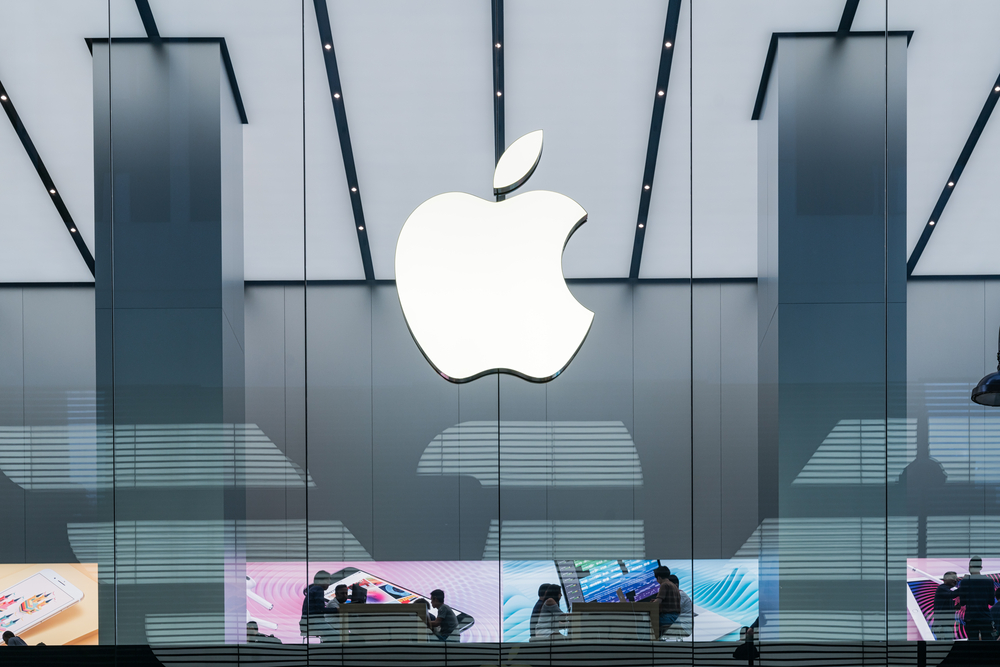Apple’s iPhone sales declined at the end of 2024 since its artificial intelligence feature rolled out. Industry analysts estimate this marks the first significant sales decline since the introduction of the iPhone 14 series.
The U.S. tech firm’s CEO Tim Cook said its new AI feature – which is supported on the company’s newest devices – has helped boost sales in places where they were available. The AI integration represents Apple’s largest software update in recent years, with over 200 million devices receiving the capability.
However, it has been reported that there has been a 1 per cent loss in comparison to last year, taking sales to $69.1 billion. Market experts note this decline comes amid increased competition from Android manufacturers who have already implemented advanced AI features.
Mr. Cook told investors on Thursday (30.01.25) that the company is investigating the dip. This announcement came during the company’s quarterly earnings call, which was attended by major shareholders and industry analysts.
He also has revealed that he plans to roll out Apple Intelligence to cover more languages in April. The expansion is expected to reach an additional 500 million potential users across various global markets.
The feature has come under fire as users and media outlets have claimed it has been providing inaccurate information in its summarized news headlines. Social media platforms have documented hundreds of instances of misinformation, leading to growing concerns about AI reliability.
The BBC complained after it told some readers that the UnitedHealthcare CEO Brian Thompson murder suspect Luigi Mangione had shot himself. This incident highlighted the challenges faced by AI systems in accurately processing and summarizing complex news events.
After many complaints, Apple suspended the feature. This marked one of the first instances where Apple has had to completely suspend a major software feature post-release.
“We are working on improvements and will make them available in a future software update,” a spokesman told the corporation. The company has reportedly assigned a dedicated team of engineers to address the AI accuracy issues.
Overall, the company’s sales rose by 4 per cent to $124.3bn, which came from its computer sales, as well as its service business, such as Apple TV and Apple Pay. This diversification of revenue streams has helped offset the impact of declining iPhone sales.
The mixed financial results reflect broader challenges in the tech industry, where companies are racing to implement AI features while maintaining accuracy and reliability. Industry experts suggest that Apple’s cautious approach to AI implementation, while causing short-term setbacks, may prove beneficial for long-term stability.
Market analysts point out that Apple’s services division has shown remarkable growth, with subscription-based offerings reaching over 900 million paid subscriptions across its ecosystem. This represents a 15% increase from the previous year and helps cushion the impact of hardware sales fluctuations.
The company’s computer division, particularly MacBook sales, has experienced unexpected growth, with market share increasing in both consumer and enterprise markets. This success is attributed to the continued adoption of Apple’s custom silicon chips and increased demand for remote work solutions.
Despite the iPhone sales decline, Apple maintains a strong position in the premium smartphone market, with over 75% market share in devices priced above $800. The company’s brand loyalty remains high, with customer retention rates exceeding 90% in major markets.
Investors and industry observers are closely watching Apple’s AI strategy, as the company balances innovation with its traditional emphasis on reliability and user experience. The upcoming language expansion for Apple Intelligence is seen as a critical test of the company’s ability to deliver accurate AI features at scale.
The temporary suspension of the AI news summary feature has prompted discussions about the broader challenges of implementing artificial intelligence in consumer products. Tech experts emphasize the need for robust testing and verification systems for AI-generated content, particularly in news and information services.
Apple’s response to the accuracy issues, including the swift suspension of problematic features and commitment to improvements, demonstrates the company’s priority on maintaining user trust over rapid feature deployment. This approach aligns with Apple’s historical emphasis on product quality and user experience.















